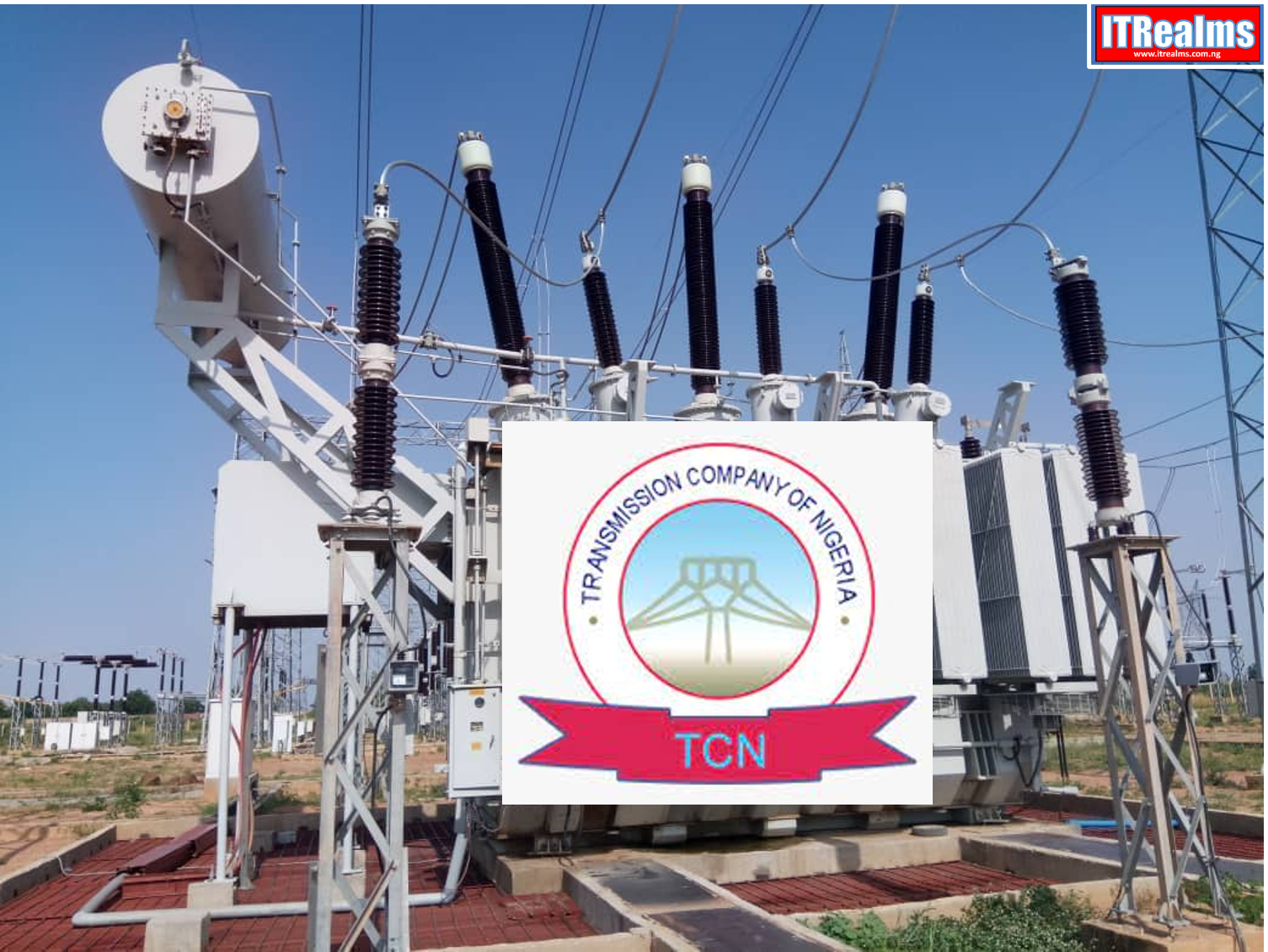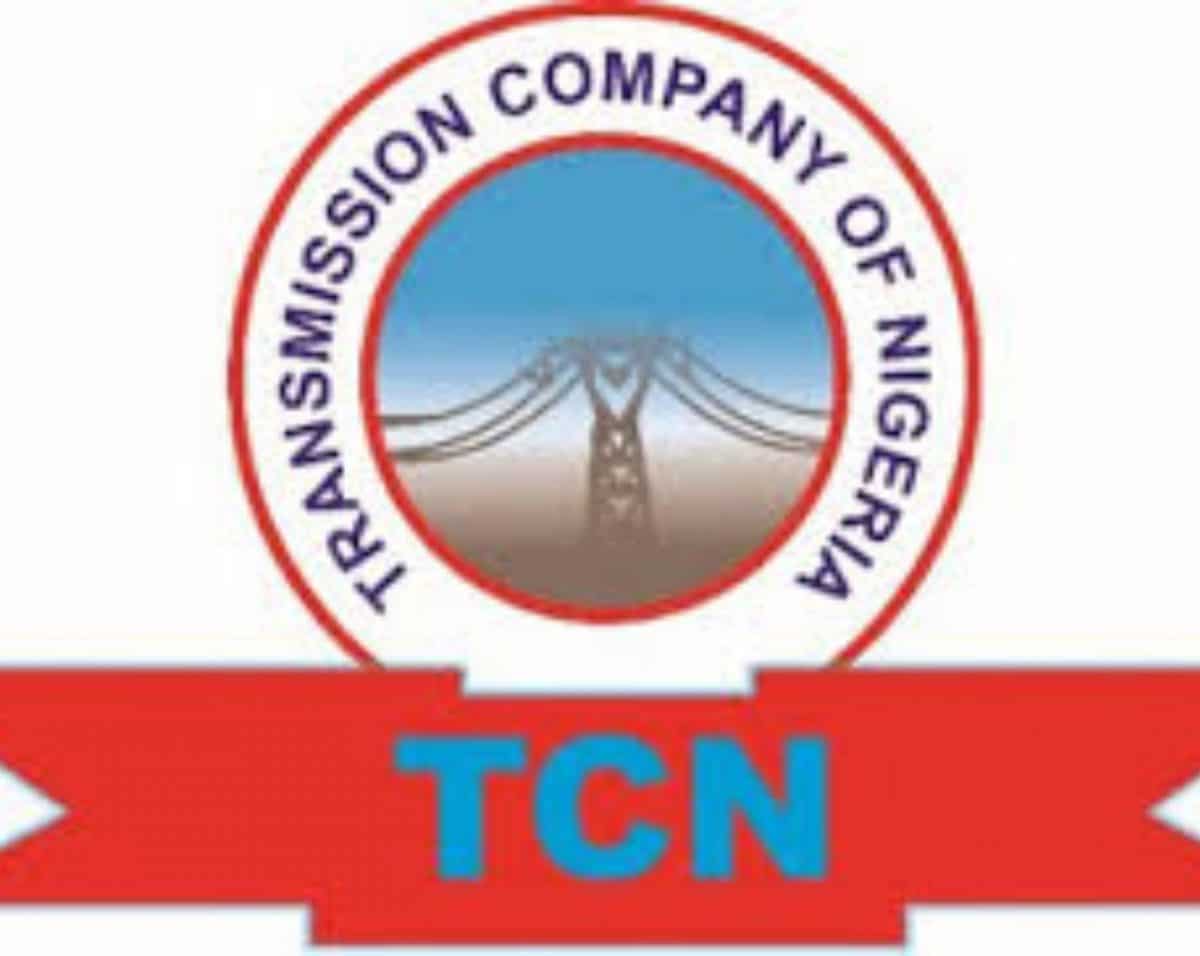Energy
265 illegal refineries in SPDC corridor – Sylva
Minister of State for Petroleum Resources, Chief Timipre Sylva says there are about 265 illegal refineries in the Shell Petroleum Development Company (SPDC) corridor alone as Nigeria continues to grapple with oil theft.
Sylva spoke at the 60th Anniversary of the Oil Producers Trade Section (OPTS) of the Lagos Chamber of Commerce and Industry (LCCI) on Thursday in Lagos.
The Minister, represented by Mr Kamaru Busari, Acting Permanent Secretary, Ministry of Petroleum Resources, said vandalism and oil theft had resulted in Nigeria producing less than one million barrels of crude oil per day.
Sylva said the country’s inability to meet its Organisation of the Petroleum Exporting Countries (OPEC) quota had deprived it of the much needed oil revenue when oil prices were very high in the international market.
He said, nevertheless, the government was engaging host communities, security agencies and deploying technology to address the issue in order to boost investors’ confidence in the sector.
On his part, Malam Mele Kyari, Group Chief Executive Officer, Nigerian National Petroleum Company Ltd. (NNPCL), said the company was not unmindful of the current challenges, particularly security in the operational areas and cash call arrears settlement.
Kyari, represented by Mr Dapo Segun, Deputy General Manager, Treasury, NNPCL, however, maintained that the company was resilient and would work with other stakeholders to overcome the security challenges.
He said: “We have deployed creative solutions to tackle security challenges in the operational areas.
“Technological intervention for both monitoring and prompt intervention would also be set up. The tackling of the menace is a top priority for NNPCL.
“Also, our new governance framework provides us autonomy and opportunity for self-accounting hence cash-call settlement including arrears would be settled and handled promptly going forward.”
Earlier in his address of welcome, Mr Rick Kennedy, Chairman OPTS, said OPTS had made significant contributions to the development of the Nigerian oil and gas industry over the past 60 years.
Kennedy, represented by Mr Osagie Okunbor, Vice Chairman, OPTS, said OPTS members had demonstrated resilience and commitment in the face of economic, security, environmental and funding challenges.
He said: “We have continued to make significant contributions to Nigeria’s development.
“As a group, OPTS member companies account about 90 per cent of Nigeria oil production and contributes significantly to the domestic and export gas production and supply.
“Over the last decade, OPTS member companies accounted for 40-60 per cent of government revenue and 85 to 95 per cent of export earnings.
“OPTS member companies are also proud to have paid tens of billions of dollars in taxes, levies, royalties, rents, and license fees to the Nigerian government.”
Kennedy, who is also the Managing Director, Chevron Nigeria/Mid-Africa Business Unit, said the OPTS companies had also created over 600,000 direct and indirect jobs for Nigerians.
Also, Mr Bunmi Toyobo, Executive Director,OPTS, thanked the 29 companies who were members of the OPTS for their contributions to its achievements in the past 60 years.
“This celebration is to demonstrate our abiding faith in Nigeria as a group and belief in the boundless growth potential of our country, given the enabling environment,” he said.
Energy
NUPRC affirms Nigeria’s Oil production fall by 2.8m barrels in March


The Nigerian Upstream Petroleum Regulatory Commission (NUPRC) over the weekend confirmed the data from the Organisation of Petroleum Exporting Countries (OPEC), which revealed a decline in Nigeria’s oil production for the second consecutive month this year.
Data on crude drilling operations for March from the NUPRC showed that production fell from 1.42 million barrels per day in January to 1.32 million bpd in February, before slipping to 1.23 million bpd in March.
In the report Nigeria may have lost as much as 2.8 million barrels in the entire month of March, that is roughly 90,000 bpd during the period under review.
The Minister of State, Petroleum Resources (Oil), Senator Heineken Lokpobiri, last Friday acknowledged the country’s declining crude oil production after an initial rise in recent months.
In a statement by his Special Adviser on Media and Communications, Nneamaka Okafor, the Minister assured that measures were being taken to address the situation, not only to restore production to previous levels but to increase it sustainably.
Lokpobiri stated that the slump was primarily due to issues encountered on the Trans Niger Pipeline (TNP), coupled with maintenance activities carried out by some oil companies operating in Nigeria during the period.
However, the NUPRC data showed that aside from crude oil which experienced a decline, condensate, which is usually outside OPEC’s quota calculation, also fell in March.
Overall, when condensate production was added to oil output for the month, Nigeria steadily declined from 1.64 million bpd in January to 1.53 million bpd in February and further to 1.43 million bpd in March.
Apart from the reasons mentioned by the minister as being responsible for the two-month repeated decrease in production, oil theft and waning investments remain Nigeria’s biggest constraints to achieving its OPEC quota.
Last year, OPEC reviewed Nigeria’s production quota from over 1.7 million bpd to 1.5 million bpd for 2024, citing the country’s inability to consistently meet its allocated production targets.
Meanwhile, crude oil prices at the weekend jumped to the highest price since October as Israel braced for a possible attack from Iran, a development that would threaten major disruptions in a region that accounts for a third of the world’s crude output.
Nigeria’s lesser-than-expected production, it also means that it may miss this second wave of unusually high oil prices due to its inability to raise output considerably.
But an assault is expected to come as soon as this week from Iran’s axis, which would mark a significant widening of the conflict that started when Hamas attacked Israel in October.
Global benchmark Brent surged as much as 2.7 percent to top $92 a barrel, a level last reached during the early days of the war. US benchmark West Texas Intermediate climbed as much as 3.1 percent to surpass $87, Bloomberg reported.
Israel is expecting a drone or missile attack on government targets within days, either directly or from Iran’s proxies, people familiar with Western intelligence assessments said.
The move still hasn’t been approved by Tehran’s highest-ranking officials, the people said, while the US has moved additional military assets into the region.
Oil has surged about 19 percent this year as the Middle East conflict bolsters a market shaped by supply restrictions and stronger-than-expected demand.
The escalating geopolitical tensions – also including attacks on Russian energy infrastructure by Ukraine – have spurred bullish activity in the oil options market.
Energy
TCN restores national grid after fire incident at Afam power station


The Transmission Company of Nigeria (TCN) says the national grid has been fully restored after Monday’s fire incident at the Afam power generating station in Rivers.
TCN’s General Manager, Public Affairs, Mrs Ndidi Mbah, stated in Abuja that the fire caused a partial disturbance of the grid.
“At about 2:41a.m., fire erupted at the Afam V 330kv bus bar coupler leading to the tripping of two units, Afam III and Afam VI.
“This resulted in a sudden generation loss of 25mw and 305mw respectively at the two units; destabilising the grid and causing a partial collapse.
“The affected section of the grid has been fully restored and stabilised,” she stated.
She explained that during the incident, the Ibom Power plant was isolated from the national grid and it supplied power to parts of Port Harcourt region, thereby minimising the effect of the system disturbance.
“TCN reaffirms its commitment to enhance the resilience and reliability of the national grid and pledges to continue investing in measures to strengthen the grid infrastructure,” Mbah assured.
Energy
Power supply: Don’t blame us for failure to satisfy customers — TCN fires back at IBEDC


The Transmission Company of Nigeria (TCN) has debunked claims by the Ibadan Electricity Distribution Company (IBEDC) that it was responsible for its inability to provide the estimated supply hours to customer feeders.
General Manager, Public Affairs, TCN, Ndidi Mbah, said this in a rejoinder titled, ‘IBEDC’s Publication On Estimated Hours Of Power Supply.’
It noted that the publication by IBEDC on 9 April, which stated that TCN was responsible for failing to deliver estimated supply hours to its feeders due to system outages and tripping on TCN ‘s feeders, was incorrect.
The TCN stressed that the causes of the outages on IBEDC’s 11kV and 33kV lines were due to DisCo’s issues, unrelated to TCN’s frequency control operations.
It stated that the statement issued by IBEDC was scrutinised by TCN’s regional managers in Osogbo alongside IBEDC officials and was found to be inaccurate, thus requiring corrections.
“While TCN sees this misinformation of IBEDC as a ploy to undermine and mislead the public against regular power supply, we remain focused on supporting the government’s move towards a more robust and efficient power supply.
“Consequently, TCN assures the public of its commitment to continue to work hard to effectively transport the entire bulk electricity received from the generating companies to distribution load centres nationwide,” the statement added.
Recall that on Tuesday, 9 April, Ibadan DisCo blamed TCN for not supplying power to customers on feeders. It stressed that the inability to provide the expected service hours was due to outages in the TCN system and tripping incidents on the IBEDC feeders.
-
Finance3 months ago
Court orders Sen. Victor Umeh to repay N136m bank debt to AMCON
-



 Abuja Update2 months ago
Abuja Update2 months agoUNDP, FG partnership needed to achieve inclusion, equity- Minister
-
Abuja Update3 weeks ago
Banks drive stock market performance with N147bn gain
-



 Infotech2 weeks ago
Infotech2 weeks agoWorld Backup Day: NITDA urges Nigerians to ensure backup of data
-
capital market2 years ago
Rt.briscoe, FBNH, Others halts negative performance of stock market
-



 Health1 week ago
Health1 week agoImmunisation: FG, GAVI seek synergy with Sokoto Govt.
-
Submission Guidelines3 months ago
CALL FOR SUBMISSIONS: POETRY COLUMN-NND
-
News3 months ago
Oil thieves sponsoring malicious media campaign against Navy – Spokesman




